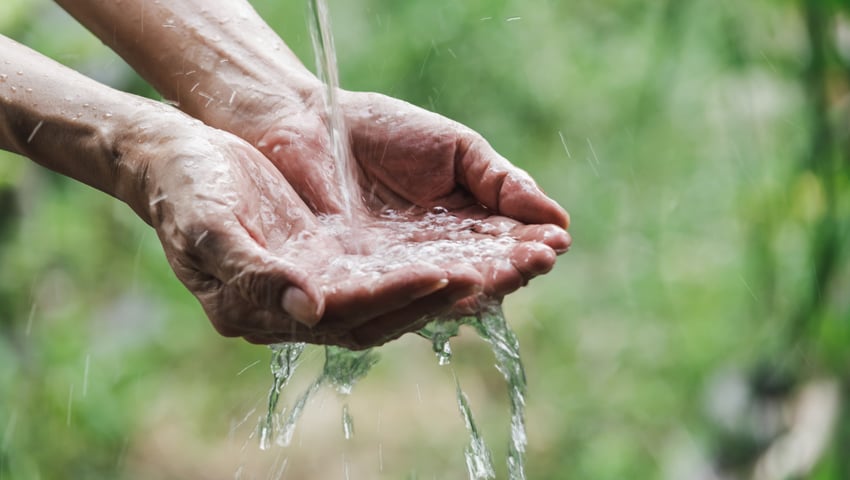THE FOOD and Agriculture Organisation of the United Nations (FAO) has opened a key gathering aimed at finding synergies and solutions to water’s critical role relating to soils, land, climate change, biodiversity and agriculture, and also showcasing practical contributions to making better use of our finite freshwater resources.
“We must stop taking water for granted,” FAO Director-General Qu Dongyu said as he opened the two-day Rome Water Dialogue, the second of its kind and the latest in a series of water-related events and commitments of FAO. With agriculture accounting for more than 70% of the planet’s freshwater withdrawals, “by increasing efficiency, reducing negative impacts and reusing wastewater, agriculture holds the solutions to the global water crisis, as well as the key to achieving global water and food security,” Qu said.
Qu emphasized the need for a 4Rs approach based on the principles of Reduce, Reuse, Recycle and Replace, to effectively address the severe water challenges mostly due to water related natural disasters that resulted in direct economic costs of more than USD 200 billion in 2021 alone.
The dialogue forms part of what FAO brands its Water Journey, a focus on integrated water resource management for agricultural and food security.
FAO’s practical support to countries includes: technical solutions on rainwater harvesting and storage, aquifer storage and recovery, non-conventional water resources for agriculture, irrigation systems and fish passages.
The Organisation also works with countries to map out irrigation needs and potential in support of planning, investment and financing decisions. Additionally, it supports countries with data, information, through platforms such as FAO’s Water Productivity Open-access of Remotely sensed derived data (WaPOR) – the geographical scope of which is just expanded to cover the entire globe - and the Global Framework on Water Scarcity in Agriculture (WASAG).
To consolidate information and insights, FAO is also working on a global assessment on the impact of floods on agriculture and rural areas. In supporting countries to accelerate the implementation of the 2030 Agenda, FAO is providing financial and technical assistance to develop National Water Roadmaps to help ensure sustainable water management.
“We – the global community – must leverage every opportunity to achieve a resilient, sustainable water secure, food secure future”, the FAO Director-General said.
Key facts and figures:
- Currently 2.4 billion people live in water-stressed countries, and approximately 10 percent of the global population live in countries with high and critical water stress. These impacts disproportionately affect women and girls, making water an equity issue
- Global water demand for agriculture is expected to increase by 35% by 2050
- Over 80% of wastewater is released to the environment without being treated or reused
- Limiting global warming to 1.5C, compared to 2C, will benefit water resources and reduce water stress induced by climate change
- Almost 1 billion tonnes of food – 17% of all food available to consumers worldwide – is thrown away each year, resulting in the waste of precious resources, such as water, that were used to produce it
- 95% of our food is produced on land and it all begins with soil and water
